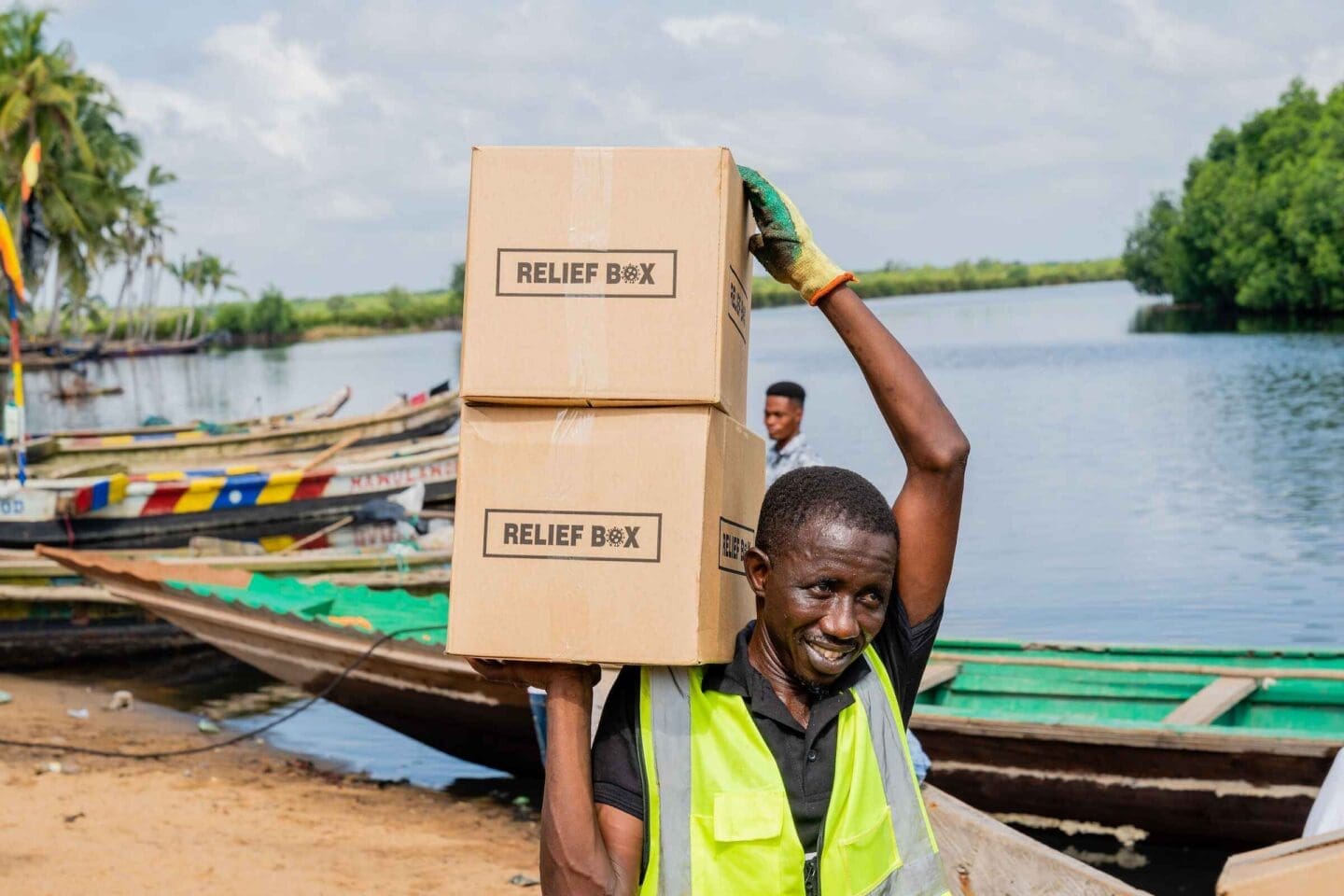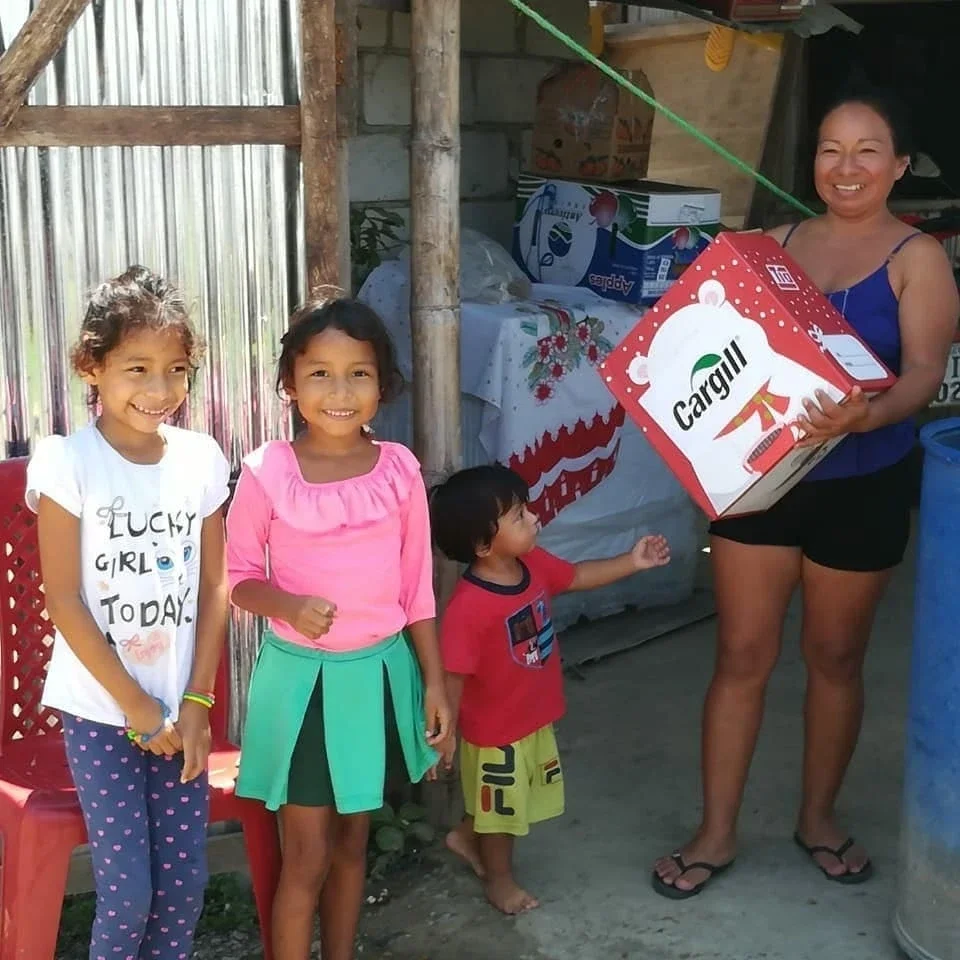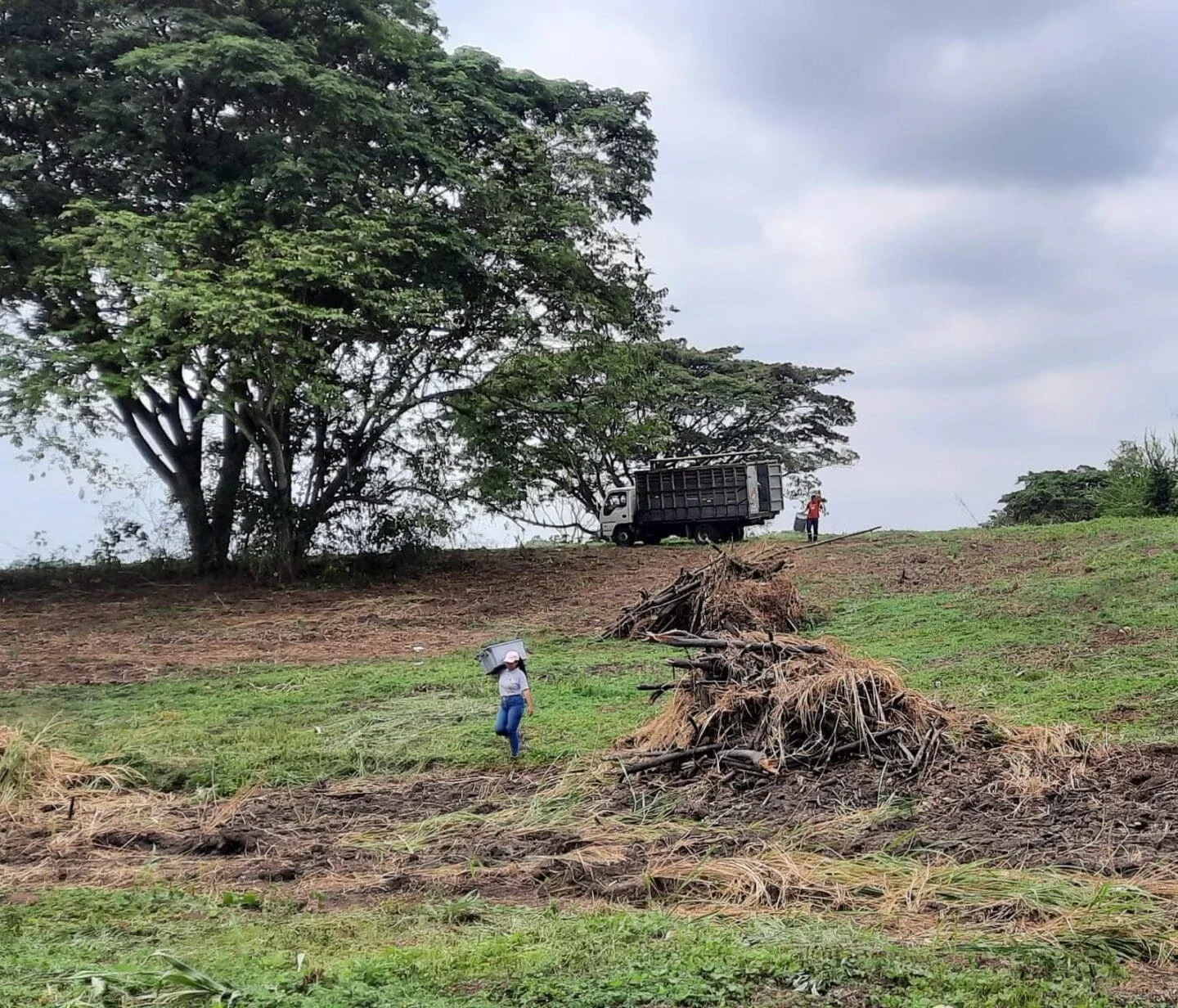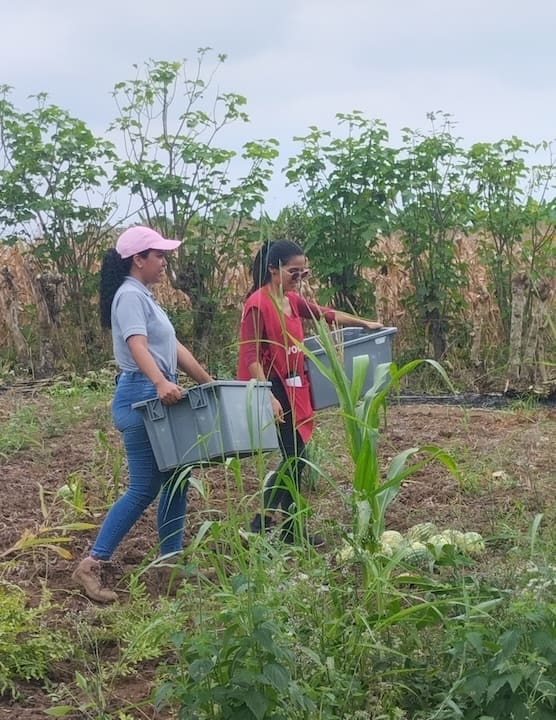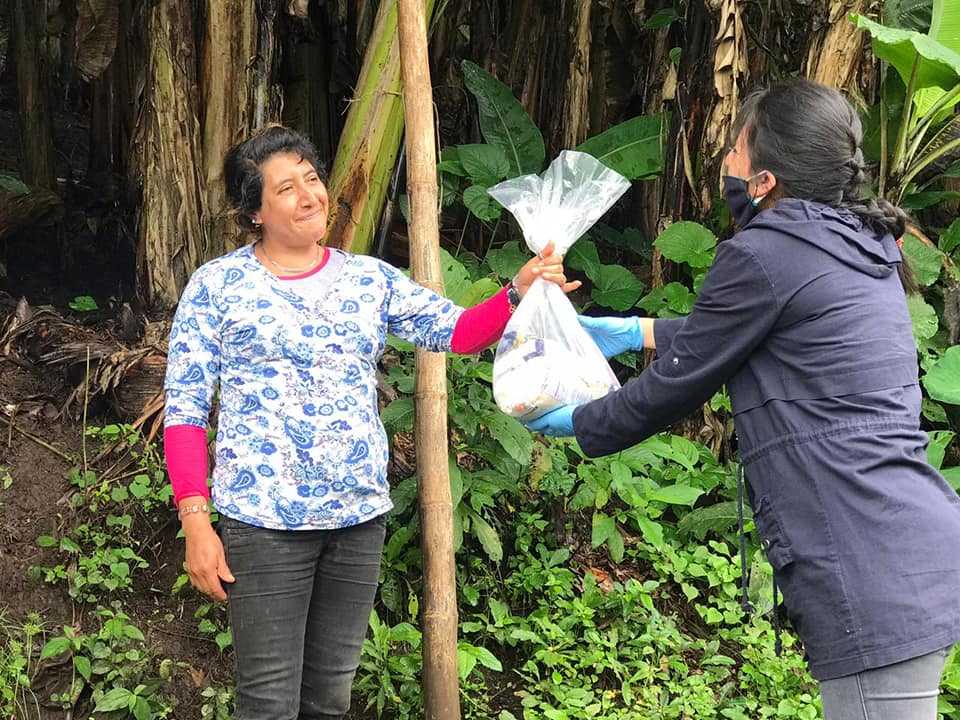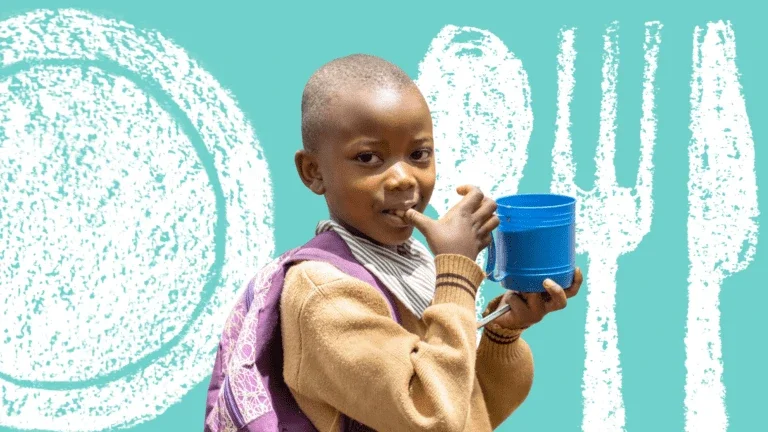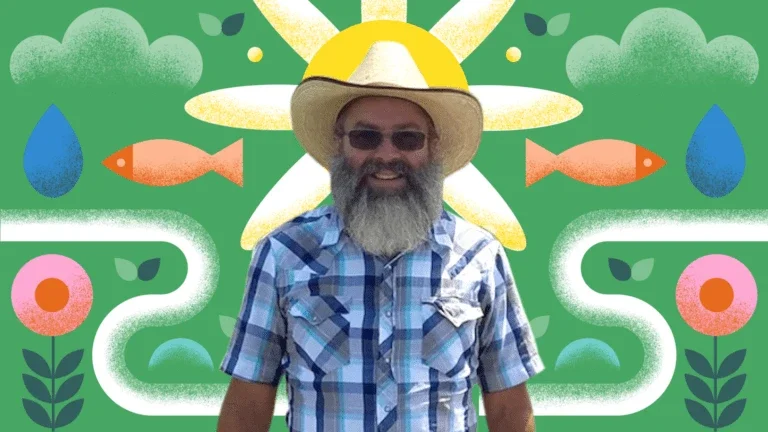Jan. 9, 2024. Not a day to forget.
A family meeting was the first order of business when Mónica Isabel Echeverría Troya arrived home that Tuesday, fresh off streets that seemed owned by armed gangs in Ecuador’s largest city, Guayaquil.
She’d just crossed a final makeshift checkpoint at the edge of her neighborhood, where she’d seen people physically assaulted and robbed of their purses and phones. She was permitted to pass because she’d grown up with some of those pandilleros. But it signaled the situation’s seriousness.
That afternoon, hooded men with guns and knives broke into a television station and took terrified staff hostage. Over 24 hours, a powerful gang leader escaped from jail, more than 150 prison guards were taken hostages, seven policemen were kidnapped, about 30 cars exploded, and Ecuador’s president declared a state of emergency.
A curfew cloaked the city. Schools shuttered, streets grew eerie, some communities fell into lawlessness in a country that had already experienced more than 8,000 violent deaths in 2023.
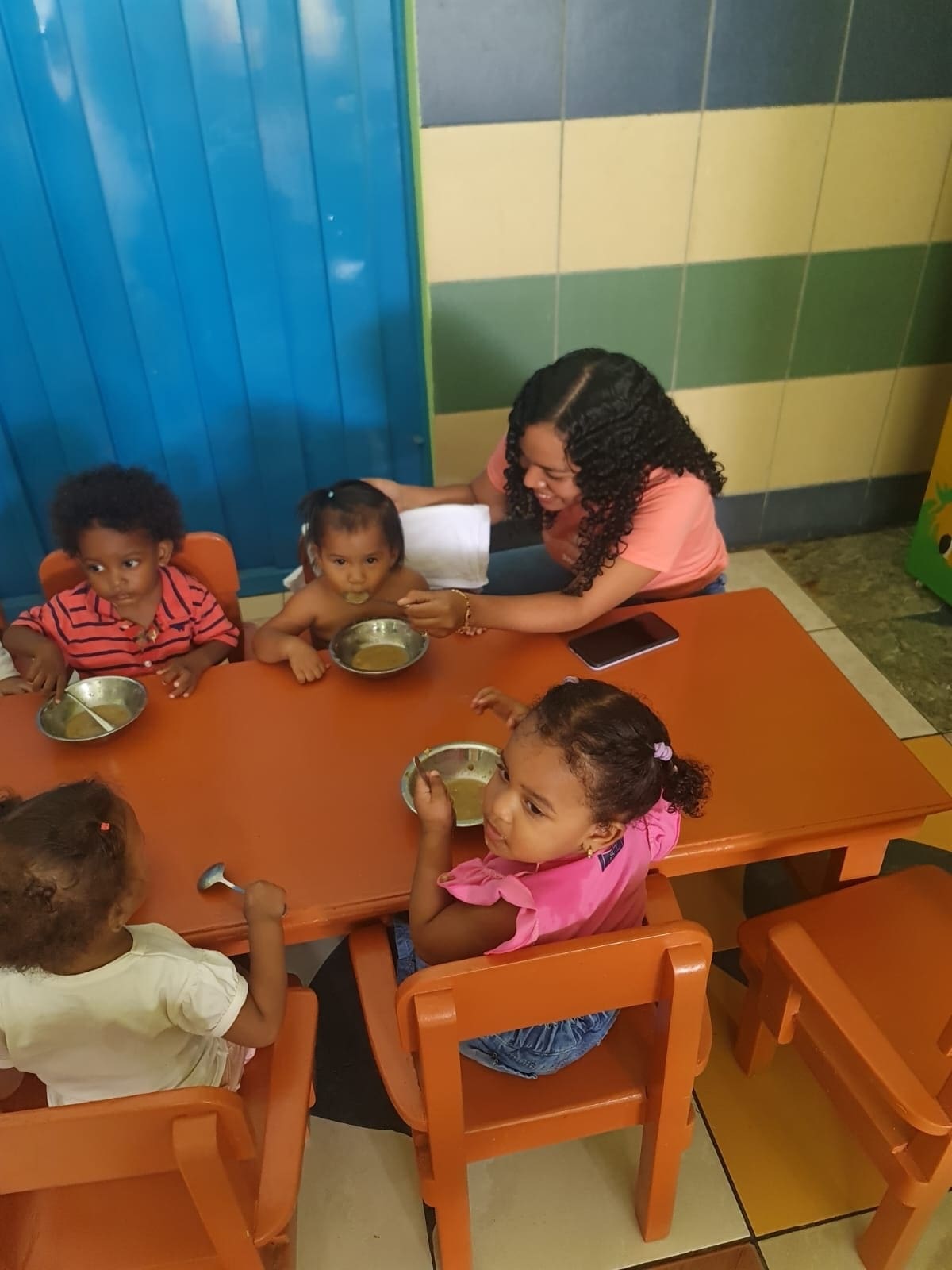
Mónica at the Raíces Negras foundation in Guayaquil, where Diakonia provides nutrition to children from ages six months to 12 years. (Photo Courtesy of The Global FoodBanking Network)
So Echeverría, 29, needed to talk to her family about her plan to return the next morning to her work as Project and Quality Coordinator at Ecuador’s oldest food bank, the Banco de Alimentos Diakonia.
“It’s the right moment for you to stop,” her brother insisted.
“Why do you have to go right when everyone else is going left?” her father asked.
“Because that’s how you raised me,” Echeverría replied.
She was thinking of the children who would go hungry. The pregnant women who needed the nutrition. A grandfather she’d met who was caring for his two young grandchildren on a fixed income after their parents died in an accident.
“I know you are going to go,” her mother said quietly. And her 11-year-old daughter said, “Mom, you are always able to handle everything.”
It was decided.
